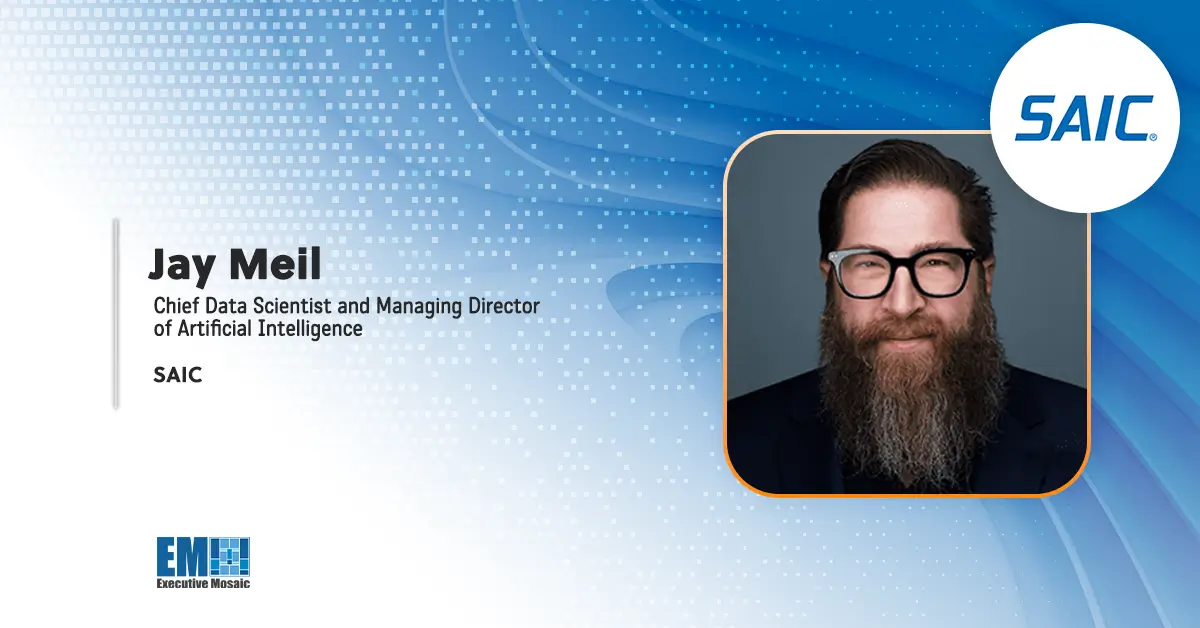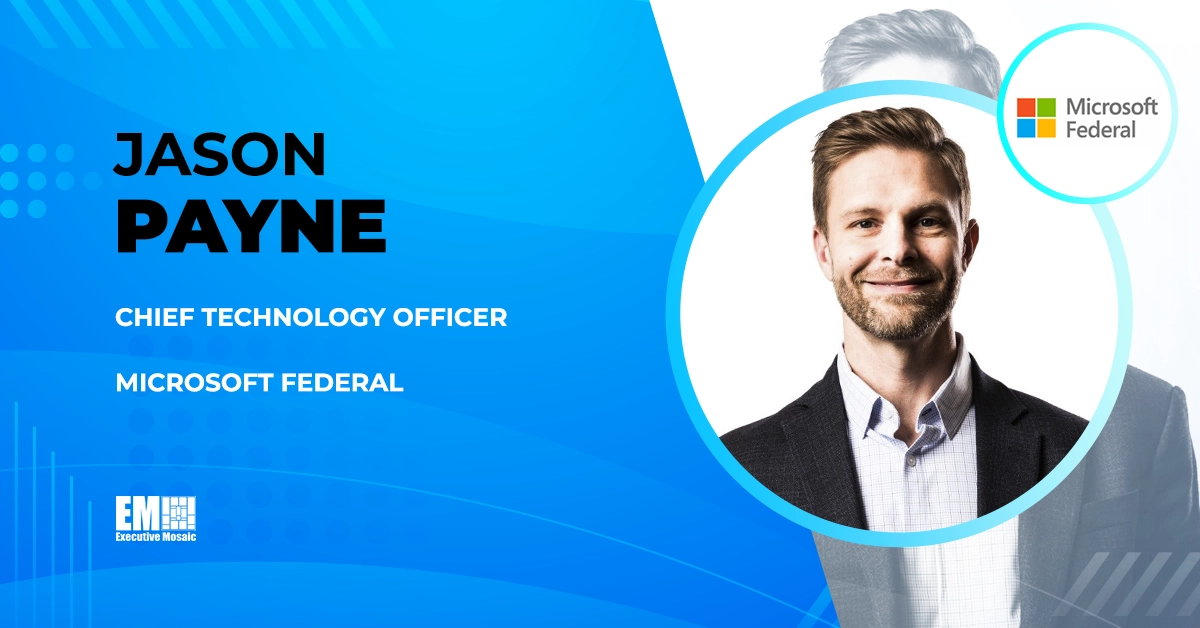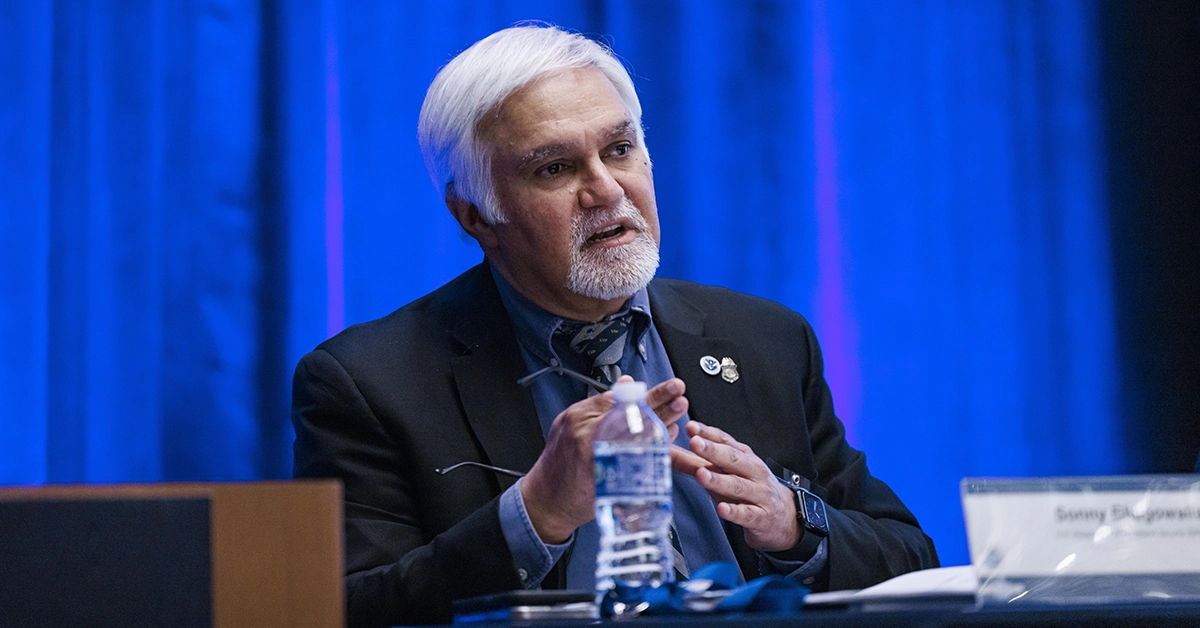In our everyday lives, we have seemingly unlimited computing capabilities at our very fingertips. But at the tactical edge — often in remote environments with limited or no connectivity — that’s not usually the case. The question defense leaders are grappling with in today’s data-driven world is: How do we get mission critical data, services and capabilities to warfighters at the edge?
Dr. Mark Linderman, chief scientist at the Air Force Research Laboratory’s Information Directorate, works to solve this question every day by looking toward the future of computing. In his role, he works on command, control, communications, cyber and intelligence oriented applications, with keen attention to how he can get those applications out to the edge.
“One of the things we’re doing at the laboratory is really exploring what’s next,” Dr. Linderman shared at the Potomac Officers Club’s Workloads at the Tactical Edge Forum on Thursday.

Neuromorphic processing, quantum computing and artificial intelligence are just a few of the developments Dr. Linderman has his eye on as he pursues the next generation of computing. In the neuromorphic space, one significant development has been the introduction of IBM’s NorthPole chip.
Dr. Linderman described NorthPole as “one of those neuromorphic processors that offers an order of magnitude or so improvement over the GPU and things that we’re used to every day.” He said AFRL has been working with IBM for years to roll out the chip, and now they’re looking at which environments it can be embedded in.
For quantum, next-generation capabilities may be a little further out. Dr. Linderman explained that AFRL works closely with commercial companies that provide the computing capabilities, which AFRL focuses on the algorithms and eventually bringing together a network of quantum capabilities.
“Quantum computing is a long term bet,” said Dr. Linderman. “Certainly the use case that has captured everyone’s attention is the impact on classical encryption. [We’re] working towards encryption standards that are what we call post quantum — it’s an active area of interest across the DOD and I suspect much broader than that.”
Join the Potomac Officers Club’s next event, the 2024 Space Summit on March 5. Gen. Stephen Whiting, director of Space Command, SDA Director Dr. Derek Tournear, MDA Director Lt. Gen. Heath Collins and Space Force’s Lt. Gen. Shawn Bratton are confirmed to keynote. Register here.








